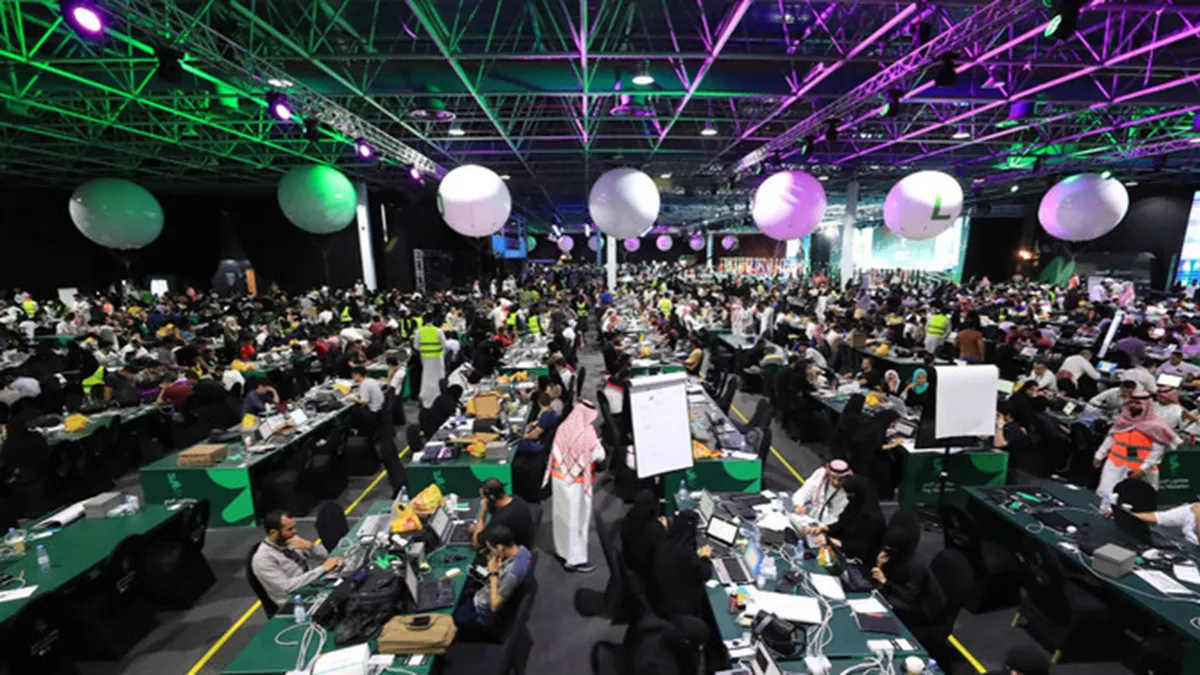Saudi Arabia launched its National Strategy for Data and Artificial Intelligence in October 2020 aiming to become a global leader in the field
25 Sep 2023
News
Saudi Arabia released its National Strategy for Data and Artificial Intelligence in October 2020 to become a worldwide leader in the sector and draw in $20 billion in investments from both domestic and foreign sources by 2030. Artificial intelligence technology is anticipated to change economies, business practises, and how individuals live, work, and consume in the next years. Saudi Arabia is making substantial expenditures in AI research and development because it is aware of these potentially seismic changes that are coming.
Saudi Arabia is likewise committed to preparing its workforce for the future, beginning with a pool of 20,000 AI and data professionals who will be trained and developed. According to recent research by the international consulting company PwC, Riyadh's embrace of digitalization and new technologies is predicted to contribute almost 2.4 percent to its gross domestic product by 2030. According to the PwC analysis, Saudi Arabia is anticipated to take a 31.3 percent share in the growth of AI between 2018 and 2030 in terms of average annual growth by region.
The goals of Saudi Arabia's Vision 2030 social reform and economic diversification plan, which aims to reinforce the Kingdom's position as the regional leader in the sector, are in line with the country's desire for new technology. A recent AI model from Meta that can translate and transcribe voice in several languages might serve as a foundation for solutions that enable real-time communication across language barriers. The business claimed in a blog post that their SeamlessM4T model could enable voice-to-speech translation in its entirety for 35 languages, including Modern Standard Arabic, as well as translation between text and speech in approximately 100 languages.
The decision-making, automation, and creative problem-solving processes across industries, from healthcare and banking to transportation and entertainment, are anticipated to change because of this programme and other more sophisticated ones. The introduction of these technologies will certainly have an influence on the labour market, necessitating national investments in education and training for their future workforces to provide them with the skills essential to thrive in a rapidly changing economy. To develop this in-house expertise, the Kingdom actively supports AI contests and "hackathons," encouraging its researchers and students to take on AI-related tasks to get beneficial practical experience. Experts have advised caution regarding the time and method of implementing AI technologies, even though the technology exhibits enormous promise and almost endless potential.
The authorities also presented Allam, a self-developed AI chat programme that can respond to questions in Arabic.
The development of an AI ecosystem and a strong entrepreneurial culture are necessary for the mass acceptance of innovative technologies, therefore achieving the aim of becoming an AI powerhouse will undoubtedly take some time. The most effective way to support Saudi activities in the field is thought to be through collaboration with foreign partners, investment in local talent, and adherence to international practises and standards in AI research.
